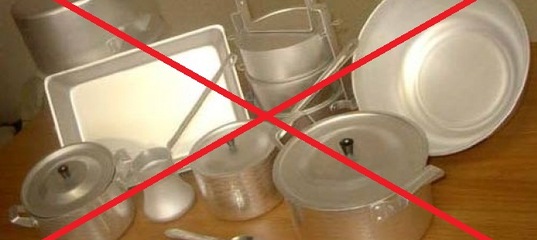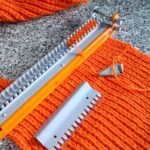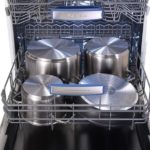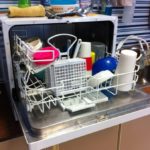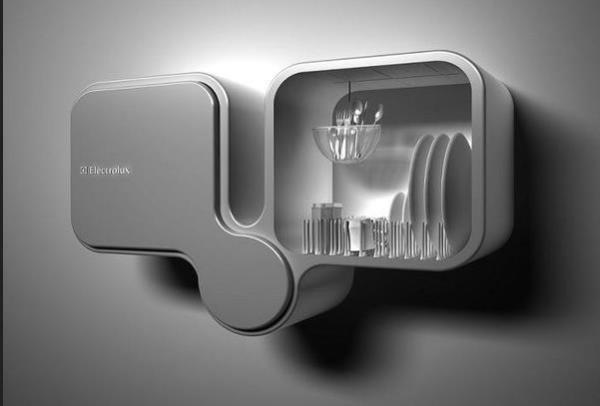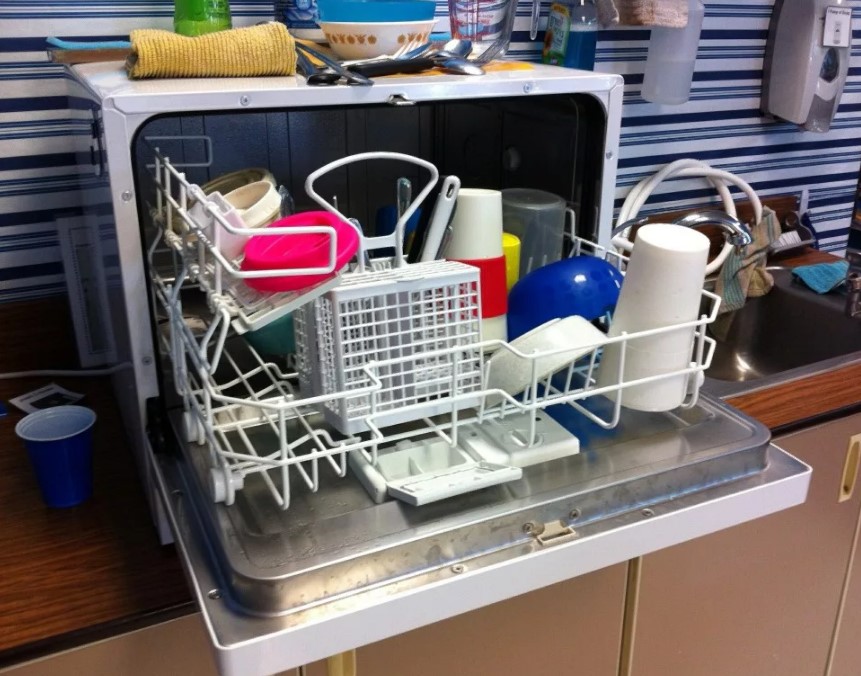What dishes should not be washed in the dishwasher?
A dishwasher appeared in the house, and now it’s hard to imagine how we managed without it. I downloaded it, pressed the button, waited a little - and it was done! However, not everything is so simple, there is one “but”. It turns out that not every plate or cup can be washed in the dishwasher. What should be excluded? This is important, because we are interested in ensuring that both the machine itself and the dishes last as long as possible. Let's look into this issue together.

The content of the article
Metal objects
Not every metal product likes to take a bath in the dishwasher. This is what we should wash exclusively with our hands, because the machine version of these products is prohibited:
- Cast iron frying pans and pots. Over time, they will become covered with rust from constant excess water. And the high temperature will wash away the thin protective fat layer that forms after the first use of the frying pan.
- Aluminum cookware. Under the influence of detergents, it oxidizes and deteriorates.
- Silver products. When cleaned in the machine, they become dark and stained. This significantly spoils the appearance.
- Products made of tin, copper. They also become covered with dark spots when exposed to high temperatures.
- Teflon coated frying pans. It does not like temperature changes and the aggressive effects of detergents. We ourselves can easily and delicately remove dirt.And this will increase the service life of such dishes.
ATTENTION! Any metal products with wooden handles should also be washed exclusively by hand.
Other items that are prohibited from machine cleaning
Let's also look at other things that cannot be washed in a machine.
Dishes
- Disposable items.
- Any plastic products that cannot withstand high temperatures.
IMPORTANT! Lightweight plastic that is machine washable must be secured. Otherwise, it will knock or, even worse, may cause equipment failure.
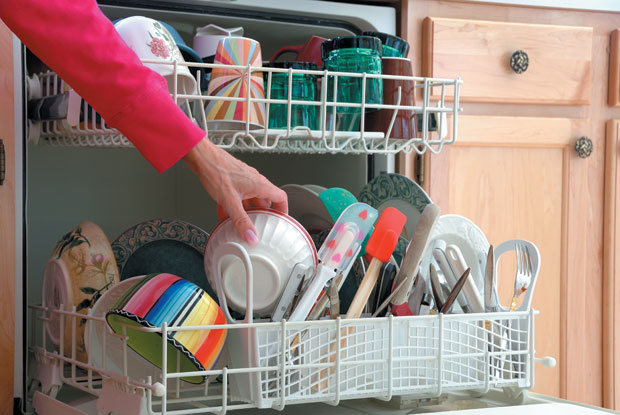
- Cracked, scratched products.
- Products with hand painting and iron-on stickers. Over time, all such designs begin to crack and wash off.
- Wooden utensils will begin to deteriorate over time and begin to crack.
- Plates and cups with vacuum-sealed lids may become warped and no longer seal tightly.
- Figurines, antique items, mother-of-pearl or bone-encrusted items, and vases may not be resistant to this washing procedure.
- Milk (frosted, white, bone) glass can turn yellow after just two times in the dishwasher.
Kitchenware
- Any electrical appliances (electric kettle, toaster). This is obvious: under the influence of water and detergents they will immediately be damaged.
ADVICE! Such devices are wiped from the outside with a damp cloth. And special products (for example, citric acid) will help get rid of scale.
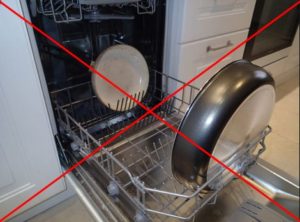
- Small kitchen utensils: grater, strainer, garlic press. Only by hand can we thoroughly wash them and not leave any minor contaminants.
- Acrylic and melamine utensils on which cracks appear from exposure to high temperatures and detergents.
- It is also best to clean knives by hand.They may damage items in the machine or the machine itself and become less durable.
- Thermoses and thermal mugs easily lose their properties due to exposure to vibration.
- The pressure cooker lid loses its quality because the valves become clogged and the rubber and silicone gaskets deteriorate. And the inner surface of multicooker lids deteriorates.
For which dishes is machine washing safe?
And dishes made from these materials can be safely loaded into the dishwasher every day.
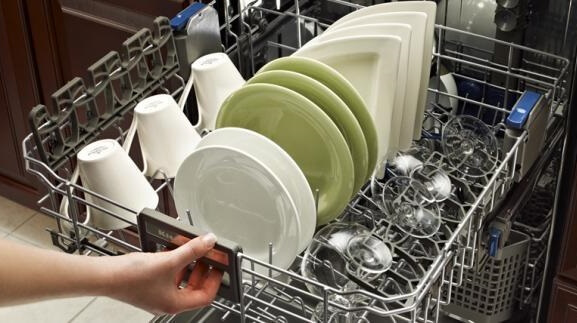
- Glass.
IMPORTANT! Products made of thin glass are washed at a temperature of 30º C. Otherwise they may crack.
- Stainless steel.
- Cupronickel.
- Heat-resistant plastic and silicone.
- Enameled dishes.
- Ceramic kitchen utensils, including porcelain and earthenware. But if there are patterns applied, then you will need to wash it in the usual way.
Load your dishwasher properly, and go about your business or relax. And the machine will wash the dishes for you!

